Transcript
Many years ago I moved into an old house perched on the side of a canyon in Oakland, California. Far below the house, a small seasonal creek carved a channel down to the bay. Just uphill from our house the street narrowed to one lane for a quarter mile, hugging the steep canyon wall. There were no houses in this stretch, just towering bay trees and tiny wildflowers and a carpet of invasive ivy. It was a quiet haven, a tiny urban forest where titmice flitted and great horned owls hooted and bikers in Spandex pedaled past neighbors walking their dogs.
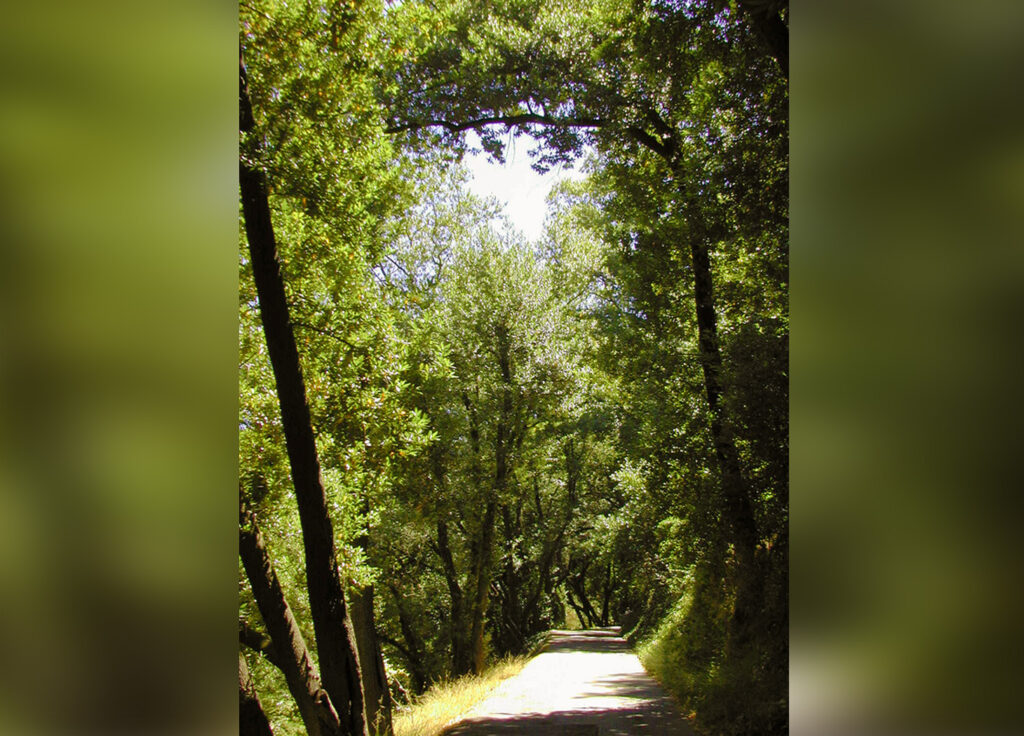
Along this stretch the street was considered unbuildable—too steep to be worth it. Or it used to be. But now engineers were building on even the steepest slopes. They’d carve a huge wound out of a hillside, truck away many tons of earth, and put up a massive retaining wall.
So For Sale signs began sprouting in the canyon. And the neighbors were worried. We’d already organized to clean up the creek—fifty or so of us wrestling old rusty appliances up that steep bank, digging out the mountain of old tires dumped there over decades. We’d yanked the ivy off the trees and pulled much of it out of the ground. This was a community effort to care for the creek, and we weren’t about to see this little forest get destroyed by mega-houses.
But what could we do? We had no power over this land. In our current system the only way to have any say over what happens to a piece of land is to own it. So I gathered some neighbors, we formed a nonprofit land trust, and together we plotted how to raise the hundreds of thousands, maybe millions, of dollars it would take to buy those lots in the canyon and preserve the creek. I told the full story of the land trust in Kissed by a Fox, in the chapter called “Peralta Creek,” and you can find it there.
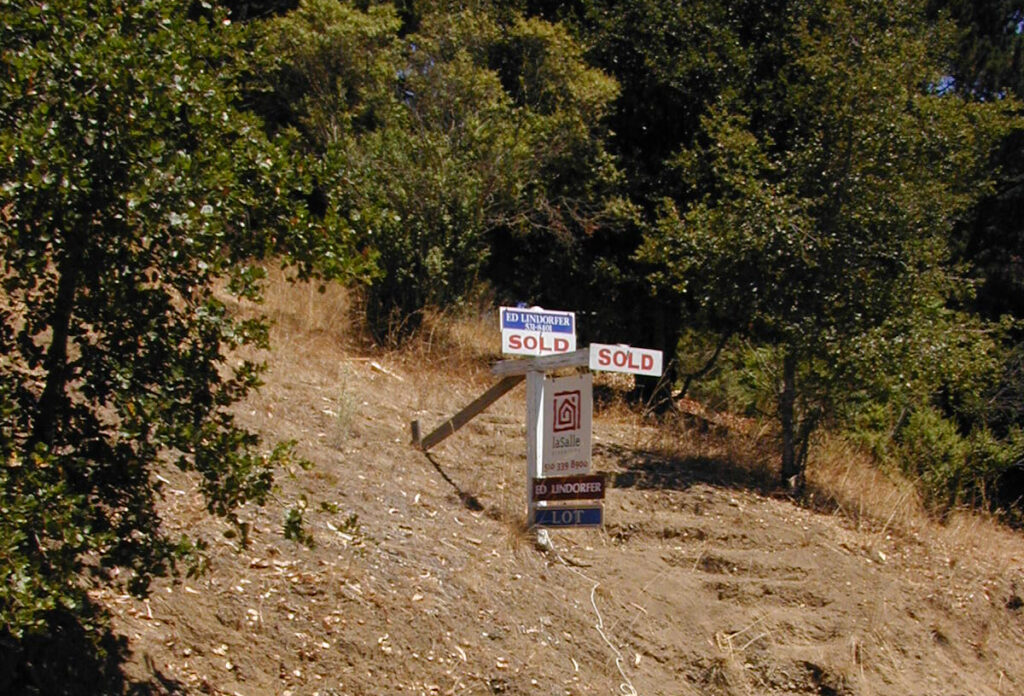
But what I want to talk about today is the business of ownership. The fact that to have any say over what happens to a piece of land, you have to own it. Because this way of looking at land lies at the heart of our environmental crises. To turn ourselves and our societies in a better direction, we need to change our ideas of property. And we need to challenge the very idea that humans can own nature.
Land is sovereign
It’s a strange idea if you think about it, the idea that we can own land. Because land is not like, say, a shirt or a table or other objects we own. Land is something else altogether. Land provides the material that makes the shirt. Land grows the trees that make the table. Land brings forth everything—all our food, all plants and animals, all the forests and creeks. And us! Land has brought us forth too!
So it’s absurd to think that we could “own” land. Indigenous people know this in their bones. “You can’t own your mother,” they say. Recently I heard a Mohawk woman named Marina Johnson-Zafiris put it just like this: “The land does own itself.” Marina is a doctoral student at Cornell, and she is working to change people’s ideas about land.
So I want to start here: Land is sovereign. Land actually can’t be owned, no matter what our current system says. Because land is greater than we are; it comes before us and will live after us. We do not hold land; land holds us.
So where did the idea come from that we can own a piece of land? And have power over it?
John Locke and the Enclosure of the Commons
Many of our laws about land go back to the time of philosopher John Locke in the 1600s. In his time landownership in England was going through some big changes. Much of the land had been held for centuries by a few wealthy families, but there were also many acres not claimed or used by the landlords, and an ancient law going back to feudal times said that common people had the right to those lands. People could graze their animals there or raise extra crops or cut firewood there.
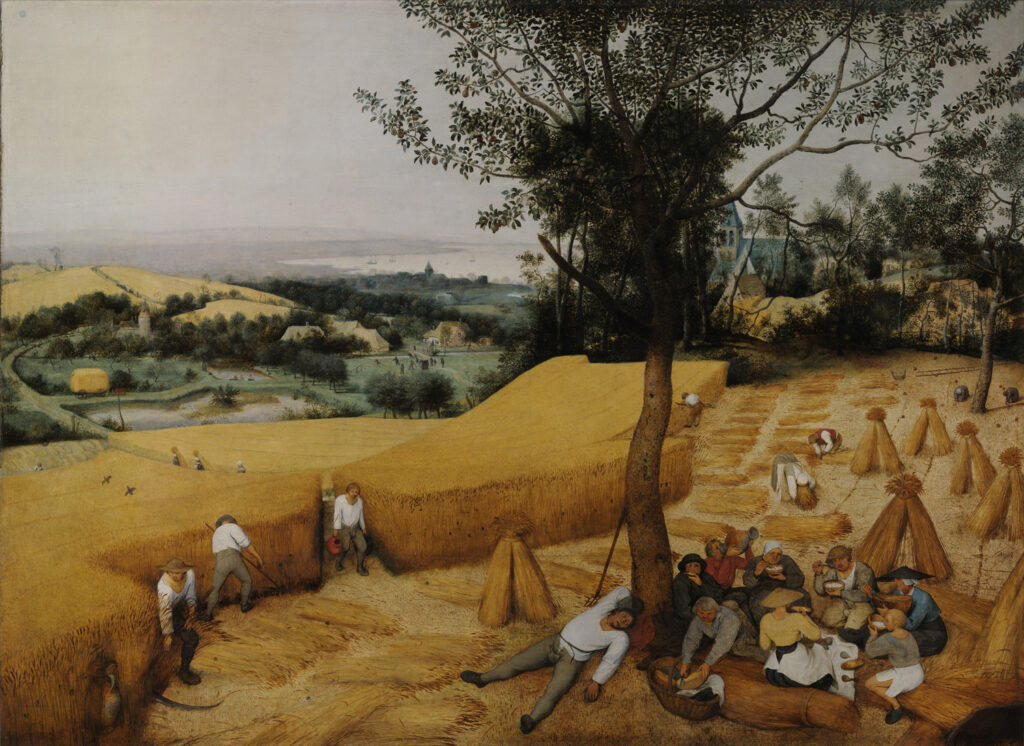
But in the 1400s and 1500s the landlords started to claim those extra acres for themselves. They wanted to make more profit. So they built fences around the common acres and evicted the tenant farmers. Over a few centuries thousands of people were displaced from the land in what is known as the Enclosure of the Commons. Land riots took place, with much violence, and people were forced into cities. Then in the early 1600s Parliament began setting this private system of holding land into law, and over the next centuries they passed thousands of enclosure laws.
When John Locke was writing in 1690, enclosure laws had been in effect for decades, but they didn’t have a good basis in philosophy. They were new laws in search of a theory.
So Locke provided one. Basically, he started with the question, “If God gave all this bounty on Earth for everyone to use, how can we legally justify some individuals claiming it as their own and taking exclusive control over it?” And his argument went like this. He began with a new idea among the landowning class: that land is there to be “improved,” which meant something very specific at the time: that land is there to be made financially profitable. The land barons had begun to think that any land that isn’t enclosed—any land that’s only feeding a few peasant families instead of producing the maximum amount of wheat or barley—is wasted land because it’s not producing to capacity. So by their reasoning, this land is taking something away from the wealth of the community as a whole because it isn’t bringing in commercial revenue. The implication, as historian Ellen Wood points out in her book The Origin of Capitalism, is that the person who makes land the most commercially profitable has the most right to it.
How then do people come to own land? Locke said it’s by mixing their labor with the land—by changing the land out of its natural state through their labor. But note that he didn’t mean the labor of the workers themselves but rather that of the landlord who hires them.
And notice too that it’s not a person’s living relationship with land that gives them rights to the land—that was the ancient law, where people who were living in a place had the right to use the land. And that was exactly the law Locke was trying to supersede. No, he said, it’s the person who can hire labor and squeeze the most profit out of the land who is the most worthy owner.
People who profit from land
Locke’s theory nicely justified the enclosure laws, and his thinking has been accepted as gospel ever since. It sailed with English law around the world, wherever England conquered and colonized local lands. And ever since Locke’s time, owning land has meant you have the legal right to build a fence and keep others out, and you have the right to make a profit from the land, even if you have to destroy the land to do it. So a theory that was written up to justify the landlords seizing common lands a few hundred years ago has become the bedrock of the world economic system.
It’s no surprise, then, that exploiting land—like mowing down forests or digging up fossil beds or paving over wildlife habitat—is the foundation of our current system because that’s what the legal theory was written to support.
English land law changes us from people who belong to the land to people who profit from the land.
This system is destructive! And finding a better world means imagining something else. It’s an enormous job because the current system is so entrenched that it looks all-powerful. But let’s try anyway! Let’s stretch our imaginations so we can see beyond what we have now.
We are not our systems
So for inspiration this week I watched a talk given by Dr. Lyla June Johnston, of the Diné people of the Southwest. Lyla June brings a strong message of hope. She says that sometimes people are tempted to despair about us human beings and think that the Earth would be better off without us. “I reject that!” she says with gusto. “The Earth may be better off without certain systems we have created, but we are not those systems.” And we don’t have to be those systems, she adds. “What if I told you that the Earth needs us?” she asks. “What if I told you that we belong here?”
We belong here. This is where all our imagining needs to start. We first acknowledge that land is sovereign and owns itself, and then we start with this simple truth: as human beings, we belong. Right here. On Earth. We are here to take part in the magnificent experiment that this beautiful planet is carrying out, dreaming up new life forms and new ways of being beautiful. Ly la June put it this way: “When we understand that humanity is an extension of the Earth’s beauty, we understand that we too belong.”
People who belong to Earth
Belonging to Earth, through most of human history, meant that people lived with their clan or community in a certain region of land, and they belonged there often for hundreds or even thousands of years. The community as a whole held the land in common; there was no price on land. The idea that land costs something arose only several thousand years ago, around the time the idea of money arose, and the idea of individual private properties is even more recent. But for 200,000 years of human history people took care of common lands together, and many Indigenous groups still do. Writer Antonia Malchik reminds us that “Ownership is a human construction,” and property lines are “only a powerful legal fiction.”
So what would it look like to challenge the idea of ownership? To change the meaning of land?
Let’s play an imagination game. Let’s change a few ingredients in the current system of landholding and see where it takes us. I’m not an economist, but the changes we need are so big that all of us need to chime in, not just economists. But I do borrow some boldness from an economist named Yanis Varoufakis. He’s the former finance minister of Greece, and a few years back he wrote a novel to explore what the world would look like without stock markets. It’s an audacious idea he had: change one major thing about our current economy and see where it leads.
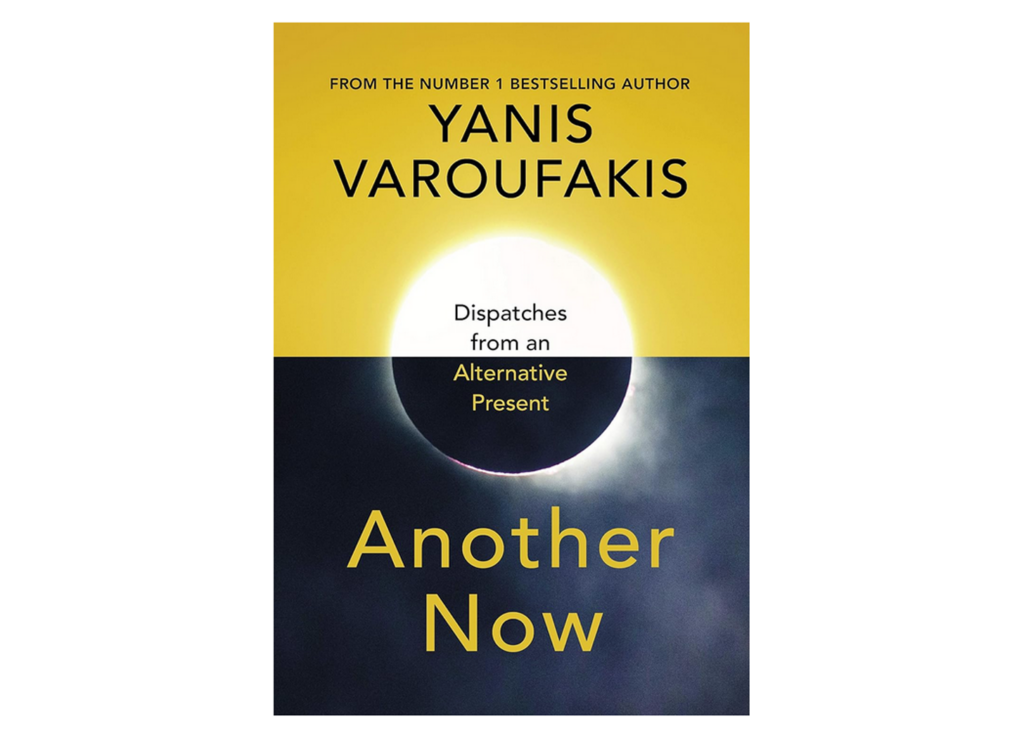
Land is free
So let’s change this one major thing: the idea of land as property.
Let’s say that in our new system land is free. There is no monthly rent, there are no mortgages, and you don’t pay anyone else for the privilege of existing in a place. And let’s be really audacious and say you don’t pay for housing either. When someone moves out of a place and someone else moves in, no money changes hands. People pay to maintain the places where they live, and they pay for all other goods and services, but they don’t pay just to take up space.
Because paying someone else just to live in a place is rather absurd when you think about it. It gives the illusion that other human beings provide the land for us, when it is the Earth who worked for billions of years to create the conditions for life. It is the plants and animals who feed us, the plankton and trees who give us air to breathe, the soil and oceans who grow our food, the clouds and earth who give us water. Shouldn’t we be paying them instead? And if we paid any human beings for land, it surely ought to be the Indigenous people from whom the land was stolen!
What Indigenous people have modeled for millennia is belonging to the land, loving the land, and living in a way that enhances the land. These are the practices that need to become the foundation of a world economic system. But instead we live in alienation from land, paying other human beings for something that in fact the Earth is providing.
So in this thought experiment land is free. There’s no way to use it to make a profit. You can’t use it as collateral, you can’t take out loans on it, and it can’t show up as an asset on a balance sheet.
So what kinds of changes in society ripple out from this starting point?
Watershed commons
So if there’s no price tag on land or houses, you might think that there would be a land rush right away as people fight to take over other people’s places. But if land is free, there’s very little incentive to do this. In this new system, owning more land doesn’t make you any richer, so what’s the advantage? Besides, there are laws against seizing other people’s homes. In the new system, like now, everybody’s home is their safe place, and other people may enter it only with permission.
Also, like now, there are all kinds of housing options, from tiny homes to large apartment buildings. But maybe in this system every occupant of a property is equally responsible for maintaining the place. So people need to cooperate. Which means that every property with more than one dwelling is a cooperative, and every resident has a vote—something like condo buildings right now. When a house or condo changes hands, both parties sign a legal agreement that gives the new resident permission to live there.
And let’s say that there’s another feature of the new system: local governments are divided according to watersheds. And each watershed is responsible for taking care of the waters and the soils and the animals of their land. The agreement you sign when you move in names your rights and responsibilities, and one of them is that you commit to using the lands and waters of your watershed “in a manner consistent with their conservation.” Each watershed makes decisions together through a Watershed Council, and in every decision, the council must take nature into account; it must act for the good of all the inhabitants, including land and waters and animals.
Essentially, in the new system land is a common good, and each watershed manages land for the benefit of all. The idea of a common good is not so alien; it’s right now part of the public trust doctrine, which prevents some rivers and shorelines from being privately owned. And the phrase I just used, about using land and water “in a manner consistent with their conservation,” comes right out of the constitution of the state of Hawaiʻi, where we have put the public trust doctrine into our system of law.
Upending the economy
So just two changes: land is free, and each local government takes nature into account. And just these two changes would upend the economy as we know it. And it raises many puzzles. If land is free, what does that mean for agriculture? If there are no mortgages, what do banks do? And who foots the bill for construction? And how do communities pay for schools and transportation?
I stretched my imagination by thinking about what would change right here at home in Hawaiʻi. It’s a good place to start—try an idea on in your own home community. What changes would it bring about in your own area?
Here in Hawaiʻi, it would transform tourism. If land is free, then there is no need for out-of-state investors in, say, a hotel. So maybe every hotel and resort is managed and maintained by those who live and work there; everybody from managers to cleaning staff has a vote and splits the profits. That’s a beautiful thought, isn’t it—that cleaning staff could receive hotel profits? And in the new system all profits would flow to the local community instead of out of state.
Right away this would address our statewide housing crisis. Because right now so many dwellings are tied up in vacation rentals that local people can’t find places to live. The highest rate of homelessness in the US is here, among Native Hawaiians and Pacific Islanders. And here on Maui, thousands of people who lost their homes in the Lahaina fire are still stuck in hotel rooms six months later because there are no homes for them to move into.
So erasing the price tag for land would address some kinds of injustice, maybe a lot of them. I think of that little urban forest in Oakland, where I started my land adventures. It lay at the top of the hill, where lots were larger and owners were mostly affluent and white. But every creek joins everyone living along its length, and in the new system people would need to cooperate with all their watershed neighbors. If land is free, wouldn’t there be a lot more incentive to build fairness and justice into the housing system? One thing is sure—in this new system our neighborhood would have had a say in whether or not our little creek got destroyed by mega-houses, because the decision would belong to the people of the watershed, and they would be required to act with a view to enhancing the health of the creek.
Right relationship with land
We need a better system of relating to land. We need to build right relationship with land. The current system is killing us, because it is destroying the land. It turns us into profiteers from land, as Dr. Lyla June Johnston says, instead of allies and friends and partners of Earth.
We could change our relationship to land. We could decide that land is too precious to be bought and sold—that it’s just too valuable to be treated as a commodity.
Getting past a system that treats us as profiteers is not going to be easy. But a better world does await us. And people have been living in that better world as long as there have been people. We are not our systems, as Lyla June says. We can change those systems—if we can imagine our way there. Our thoughts are powerful, and they are the place we start.
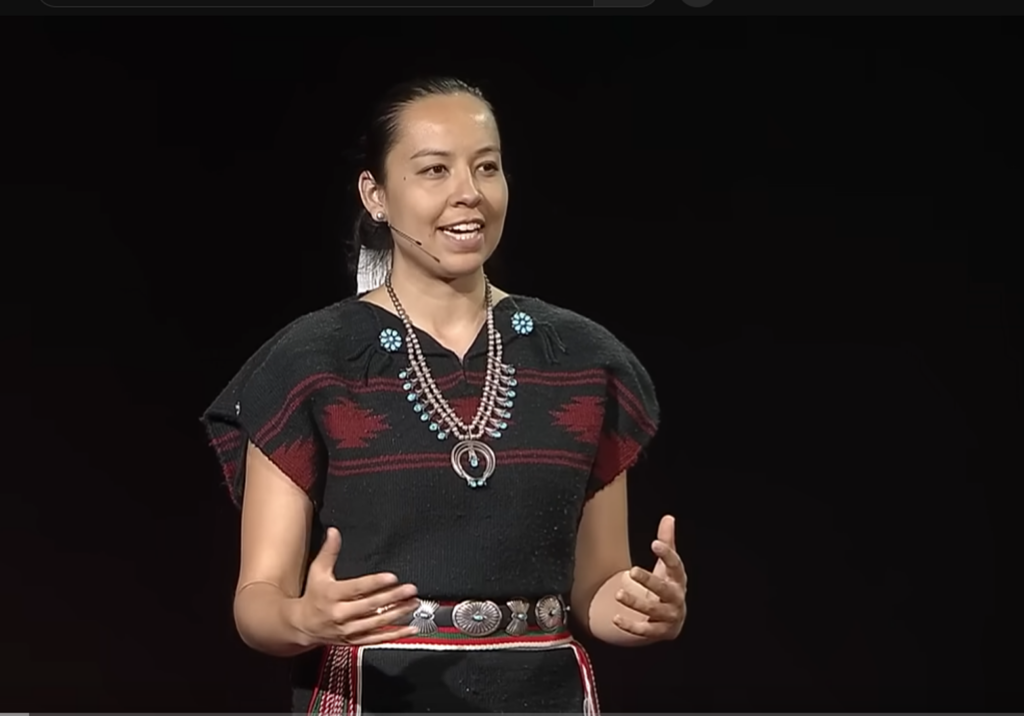
So I invite you to imagine a way of life where everyone belongs to land. I invite you to ask yourself, What would it take for me to belong to land? What would I need to be freed from? If I belonged, what could I contribute?
And I invite you to regard this imagining time as sacred time—a spiritual practice that turns your heart in a good direction and opens up more possibilities for all of us. There are many places to start imagining, and I’ve included a lot of resources at the end of the transcript.
The new world we need is on us—it’s on us to imagine it so we can bring it into being.
What thoughts does this raise for you? What would a world without land prices look like to you? Imagine boldly! And let us know in the comments. We’re all at the imagining stage here, so no need to raise doubts yet about how something might not work—we all have them! Imagining is just that—encouraging ourselves to see what MIGHT be possible. If you belonged to land, how would life look different?
For digging deeper
Some land theories, both ancient and emerging:
- Buen vivir, or “living well”: A way of life that emphasizes each person’s relationship to their community and their land area. See Oliver Balch, “Buen Vivir: The Social Philosophy Inspiring Movements in South America,” Guardian, Feb. 4, 2013.
- Rights-of-nature law: Legal theory that says oceans and rivers and forests and mountains and animals have the to exist, thrive, regenerate, and fulfill their part in the cycles of life; it gives all nature beings, not just human beings, the right to have their voice heard in court. Dozens of communities and countries around the world are putting rights of nature into law. For an excellent introduction and the latest developments, see Hudson Riverkeeper, “Rights of Nature: From Anthropocentrism to Ecocentrism,” Mar. 12, 2024.
- Appointing local guardians for nature: One way of putting rights of nature into law is to appoint guardians for nature, as the town of Nederland, CO, just did for Boulder Creek. See Michael Booth, “Two Nederland Residents Appointed as ‘Guardians’ of Boulder Creek, Giving It a Voice in Town Policy,” Colorado Sun, Jan. 12, 2024.
- Land as a commons: Holding land in common and managing it for the common good—the way human groups did for millennia. One current project (which modifies the traditional commons in some ways) is the GLS Treuhand cooperative in Germany, where several thousand members have bought thousands of acres of farmland in common to rent it to local farmers who will farm it in ways that enhance the soil. See Nikolai Fuchs, “Land as Commons,” TEDx Zurich, April 3, 2019.
- Watershed theory: Corporations of a region, such as a watershed, could model their economic competition on the potlatch practices of Native people of the Northwest; see economist Ronald Trosper (Flathead), “Incentive Systems That Support Sustainability: A First Nations Example,” Conservation Ecology 2, no. 2 (1998): 11; see also his recent book Indigenous Economics (Tucson: University of Arizona Press, 2022), with a book interview here.
- Making ecocide a crime: Movement to make destruction of nature the Fifth Crime Against Peace at the United Nations; for background, see Joanna Gill, “Should Destroying Nature Be an International Crime?” March 31, 2023. For the proposed law, see the Ecocide Law website.
- Giving nature votes on corporate boards: Brontie Maria Ansell, “Giving Nature A Seat on the Board Is a Powerful Way to Make Sure Businesses Protect Our Environment,” Green Alliance Blog, Sept. 22, 2022.
- Public trust doctrine: Some waters and lands are considered common goods and are managed by a state for the good of all people. See the National Agricultural Law Center, “The Public Domain: Basics of the Public Trust Doctrine.” But note that public trust doctrine accepts the idea of land as property and is aimed at preserving parts of nature for human benefit.
Marina Johnson-Zafiris (Mohawk, Wolf Clan) spoke in a webinar called “Deconstructing Ownership: Dismantling Colonialist Notions of Private Property,” sponsored by the group Talking Rivers, Feb. 28, 2024.
For a brief look at the enclosure movement in England and Scotland, see George Monbiot, “A Land Reform Manifesto,” Guardian, Feb. 22, 1995. To go a little more in depth, see Charlie Harris and Christopher McKenna, “Enclosing the English Commons: Property, Productivity and the Making of Modern Capitalism,” Global History of Capitalism Project, University of Oxford (November 2022).
John Locke wrote up his land theory in the Second Treatise of Government (1690). For a summary, see Kyle Swan and Jacob Vargas, “Property Rights, Lockean,” Sage Encyclopedia of Business Ethics and Society (2018), available as a pdf here. I read Locke through the lens of historian Ellen Meiksins Wood in The Origin of Capitalism: A Longer View (London: Verso, 2002), 107–15, available at Internet Archive.
Dr. Lyla June Johnston’s talk is “3000-Year-Old Solutions to Modern Problems,” TEDx Kansas City, September 29, 2022.
For a history of land tenure around the world, as early as there are records for it, see a book by John P. Powelson, who was an economics professor at University of Colorado: The Story of Land: A World History of Land Tenure and Land Reform (Cambridge, MA: Lincoln Institute of Land Policy, 1988), available at Internet Archive. Powelson traces the earliest records of selling land back to ancient Mesopotamia.
The idea that if people hold land in common they inevitably degrade it because no one takes care of it is called “The Tragedy of the Commons,” and it was popularized in an opinion piece in 1968 in the journal Science. In 2009 Elinor Ostrom won a Nobel Prize in Economic Sciences for disproving it as a myth. See Michelle Nijhuis, “The Tragedy of the Commons Is a False and Dangerous Myth,” Aeon, May 4, 2021.
Antonia Malchik is completing her new book on ownership and the commons, and you can find the opening chapter at her Substack newsletter, On the Commons, the issue titled “No Trespassing,” June 29, 2023.
The novel by Yanis Varoufakis is Another Now (Brooklyn: Melville House, 2021). To watch a fascinating conversation with the author about the book, see “Yanis Varoufakis: Another Now,” Sheffield Festival of Debate, May 7, 2021.
Stats on emergency housing on Maui come from Nina Lakhani, “Six Months After Maui Wildfire, 5,000 Survivors Still Stranded,” Guardian, Feb. 8, 2024.
Hawaiʻi governor Josh Green said recently: “Our state is such a desirable destination, and such a profitable investment for many, that people from around the world have purchased property to hold as investments or rent as short-term rentals to visitors—making on average four times what they would if the property was simply rented to a local family. Right now, 52 percent of all short-term rentals in Hawaii are owned by non-state residents, and 27 percent of short-term rental owners own 20 or more units.” See Stewart Yerton, “After Maui Wildfires, Opposition Grows Against Vacation Rentals,” Civil Beat, Feb. 2, 2024.
Homeless rate among Hawaiians and Pacific Islanders can be found at USA Facts, “How Many Homeless People Are in the US?” May 23, 2023.















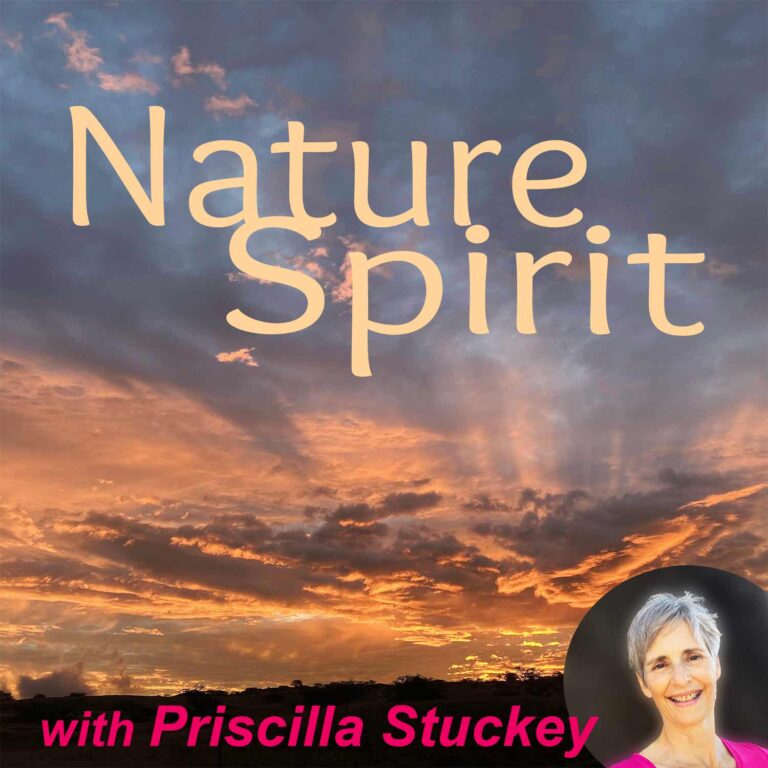
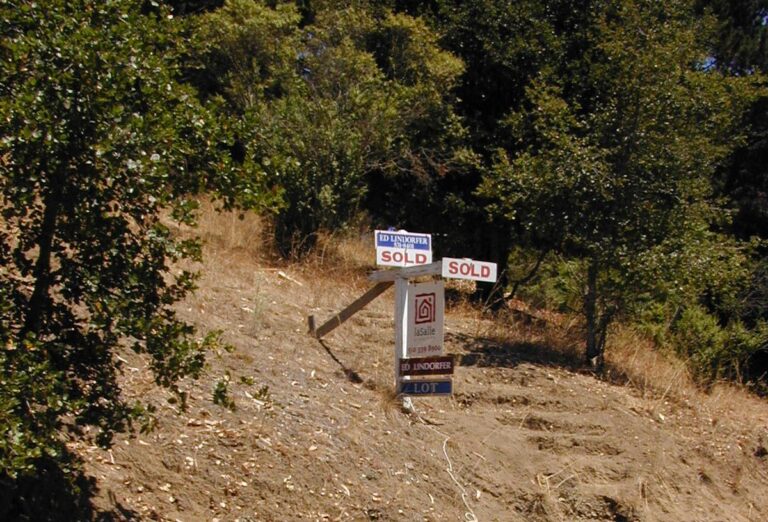
As a teacher who worked on 6 native reserves in BC, Canada, I learned about native rights to land. Though much land was taken from native people, the more remote peoples have retained rights to their land.
I want to ask about Maui and native land rights. It appears that fire was intentionally set, as evidenced in several videos, to tragically and cruelly force native Maui people off their land. The purpose is obvious, that rich people buy land from the govt., and build. Has there been any progress with native people retaining rights to their land?
Thanks for your question! Here on Maui we know that on the day of the fire we experienced gale-force winds, much higher than even our normally strong winds. So any spark was going to take off and move fast, and it did. I have not seen any evidence that the fire was intentionally set, I do not believe that’s what happened, and I don’t know anyone here who does.
Land speculators will always circle like vultures, as long as our system encourages profiting from land. But the lots in the town of Lahaina are in private ownership (the state owns parks and public lands, not parcels in towns). Speculators have pressured some families to sell—but it is not Hawaiian people in particular who are being targeted as far as I know. It’s any landholder in that area.
All that said, restoring lands of this state to the Hawaiian people is and will be a long process. Many legal battles in recent years concern water rights. Much of the water of the streams was diverted by sugar plantations, and now the battles to restore the water to their traditional waterways are being fought in the courts. Maybe you saw my post about the fire and the traditional water rights? “Where Water Wants to Go” You can find more information in the notes at the end.
Thank you for the resources you listed in your article.
I’m glad there are locations like high mountains, unaltered by men, where we can go to feel the Presence of Something greater than us. We need to nourish our spiritual person inside, to have hope for a better world. John Muir wrote about that in his books.
For native people, govts. are trying to take away their rights to use local plants for medicines, due to pressure from corporate pharmacies. Many have already lost their knowledge. When I try to tell people of a fungus I use for medicine, they look at me as if I am weird or crazy. It is a cultural loss; even my own native relatives are not interested in plants that greatly help a body fight off diseases.
Yes, losing knowledge of what plants give is a tremendous loss! I hope you find opportunities to share knowledge appropriately—and that others can hear it—so that the knowledge is not lost.
Interesting that you mention the high mountain areas—that is exactly where the struggle for Hawaiian land sovereignty is centered. Maybe you’ve heard of TMT, the Thirty-Meter Telescope, and efforts to build it on the top of Mauna Kea on the Big Island. The tops of these volcanoes at the center of each island are sacred lands to the Hawaiians, the seat of the divine. So the people are fighting hard to prevent this facility from being built and disturbing the hallowed ground with its constant activity.